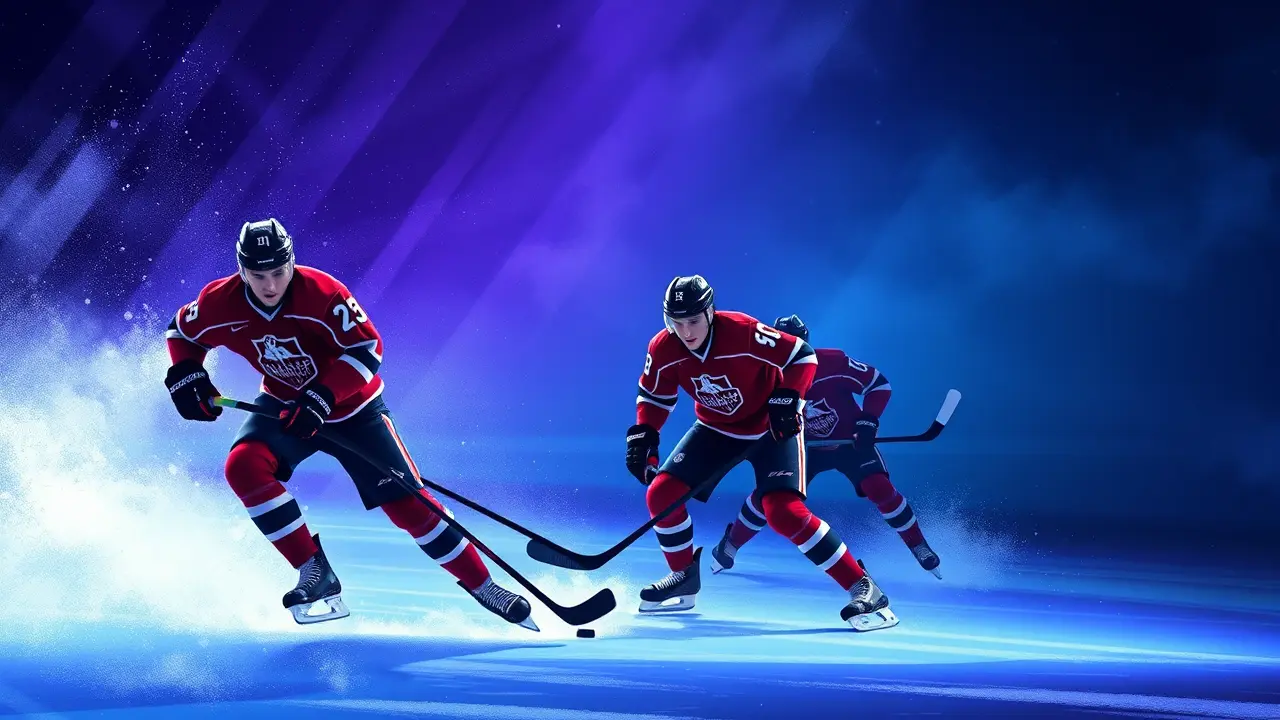Spartak coach Zhamnov criticizes players after narrow win over Shanghai.
In a performance that was less a masterclass in hockey and more a heart-stopping lesson in what not to do with a commanding lead, Spartak Moscow eked out a nerve-shredding 7-6 shootout victory over the Shanghai Dragons, a result that left head coach Alexey Zhamnov fuming more than celebrating. The narrative was set for a routine home win when Spartak surged to a seemingly comfortable 3-1 lead, a platform from which teams of their calibre are expected to control the tempo and close out the game with the cold, calculated efficiency of a chess grandmaster.Yet, in a baffling turn of events that Zhamnov described as 'unacceptable,' his most trusted players, the very leaders tasked with steadying the ship, began to unravel, abandoning the structured system for a brand of chaotic, individualistic hockey that gifted Shanghai a pathway back into the contest. This was not a case of an underdog fighting for every puck; this was a self-inflicted wound, a team complicating its own existence, a trait Zhamnov lamented he is finding 'heavy' to excise from their DNA.The dramatic equalizer, scored with a mere 12 seconds left on the clock in the third period, felt like an inevitable consequence of this systemic breakdown, transforming a potential cruise into a full-blown crisis that required the lottery of a shootout to resolve. The parallels to legendary teams that have faltered under similar circumstances are stark; one is reminded of the 2005 AC Milan squad that infamously squandered a 3-0 halftime lead in the Champions League final, a collapse born not from opponent brilliance but from a catastrophic loss of discipline and identity.For Zhamnov, a veteran of the ice who understands that championships are built on consistency, not chaos, the performance of captain Andrei Mironov came under particular, albeit nuanced, scrutiny. As a leader, Mironov's mistakes are magnified under the KHL's bright lights, and while Zhamnov acknowledged that 'everyone makes mistakes,' he pointedly noted that 'other players' were also culpable, a clear message that the responsibility for this near-disaster is collective.The injury to Pavel Poryadin, the severity of which remains unknown pending medical assessment, adds another layer of concern, potentially robbing the team of a key contributor at a time when cohesion is paramount. Amid the frustration, a lone bright spot emerged in the season debut of a young talent, Ryabov, whom Zhamnov praised for his potential and past MVP credentials, signaling an intent to integrate him further into the lineup.Yet, this glimmer of hope does little to overshadow the fundamental issues laid bare. Analytically, the game's statistics—a high-event, error-strewn affair with goals flying in at both ends—paint a picture of a team playing reactive, not proactive, hockey.For a club with Spartak's ambitions, such performances are a dangerous habit. It raises critical questions about the team's psychological fortitude: can they maintain a killer instinct, or will they continue to play down to the level of their competition? The narrow win may add two points to the standings, but in the long campaign of a KHL season, the two points lost in terms of confidence and identity could prove far more costly.Zhamnov’s post-game critique was not the rant of a temperamental coach but the measured, deeply concerned analysis of a architect watching his carefully laid plans being disregarded by his own builders. The true test for Spartak now is not in defeating giants, but in mastering themselves.
HO
hockey_fan_234 hours ago
smh another game like this, they really need to figure it out tbh
0
© 2025 Outpoll Service LTD. All rights reserved.
